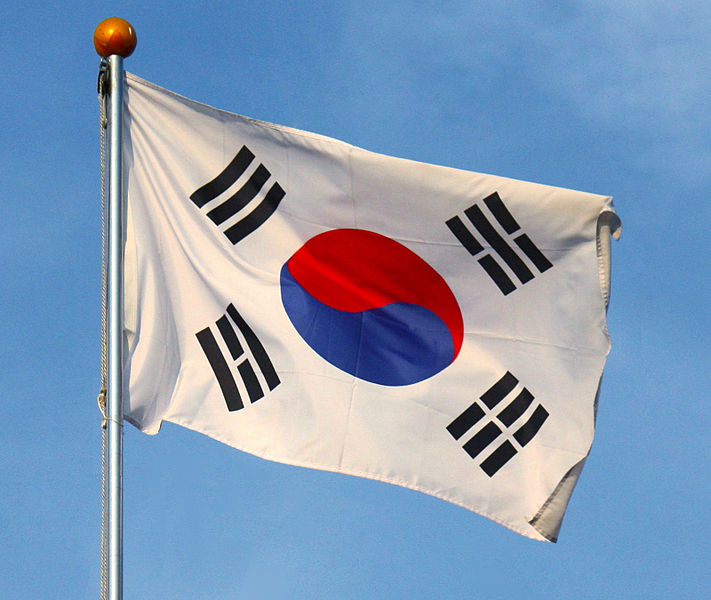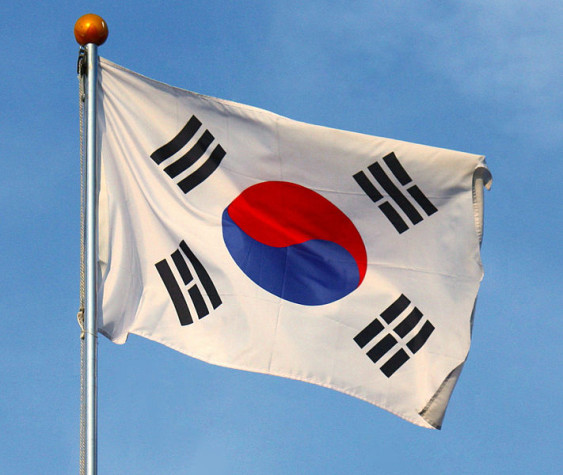South Korea’s new tax on coal imports, under discussion for over a year and announced this past January, went into effect today. Importers will now pay an additional 17 won per kg for coal under 5,000 kilocalories per kg, and 19 won per kg for coal over 5,000 kcal/kg. In more familiar terms, that’s a tax of $16 per metric ton for lower-calorie coal, and about $18 per metric ton for higher-calorie coal. By comparison, you can buy an entire metric ton of southern Powder River coal at the mine mouth for just over $14.
Korea designed the tax not only to raise revenue, but also to achieve two specific policy goals: discouraging coal consumption, and encouraging a shift to higher-energy coals.
And both of these policy objectives spell bad news for Northwest coal exports.
According to a Korean finance ministry spokesperson, the government designed the tax both to boost energy conservation, and also to encourage Korean households and utitilites to shift away from coal and towards cleaner fuels.
A tax is a smart policy to trim coal use: when you tax something you typically get less of it. And by US standards it’s quite a stiff tax, boosting the cost of import coal by around 25 percent. That should be enough to discourage some coal use for cooking and home heating, while steering utilities towards cleaner power sources, including natural gas and renewables. And perhaps most important of all, the tax will create a long-term economic disincentive for the construction of new coal power plants, which could dramatically alter the nation’s coal consumption trends.
This is all very good news for the climate and for the health of Koreans. Yet I’m sure it’s a disappointment for US coal companies hoping to ship their product to Asia. Korea is actually one of the top markets for coal exports in the western US, because the country offers a relatively short (and therefore cheap) boat journey from major west coast terminals. But if Korea trims its overall coal imports, US exporters may have an even harder time competing against cheap, well-established Pacific Rim suppliers, particularly Indonesia.
Even more troublesome for US coal companies, the specifics of the two-tiered tax actually work against most Powder River Basin coal.
 Korea’s tax is levied according to coal’s weight, not its energy content. This gives a tax advantage to coal that packs a lot of energy into a relatively small mass. The two-tiered tax structure complicates things a bit: it gives clear incentives for importers to buy coal that is close to, but not above, the 5,000 kcal/kg limit for the bottom tier of the tax, and even stronger incentives for very high-calorie thermal coals. As one coal industry observer noted, “Demand will be concentrated into 4,800-5,000kc NAR and 5,800-6,100kc NAR material.”
Korea’s tax is levied according to coal’s weight, not its energy content. This gives a tax advantage to coal that packs a lot of energy into a relatively small mass. The two-tiered tax structure complicates things a bit: it gives clear incentives for importers to buy coal that is close to, but not above, the 5,000 kcal/kg limit for the bottom tier of the tax, and even stronger incentives for very high-calorie thermal coals. As one coal industry observer noted, “Demand will be concentrated into 4,800-5,000kc NAR and 5,800-6,100kc NAR material.”
But the coal produced at the south end of the Powder River Basin—including coal from the enormous Black Thunder, Antelope, and North Antelope/Rochelle mining complexes—contains less than 4,600 kcal/kg. Whether by design or by accident, Korea’s tax structure puts these major US mines at a disadvantage of nearly $2 per ton, compared with coal just under the 5,000 tier-2 limit, and an even steeper disadvantage for coal in the 5,800 to 6,100 kcal/kg range. In short, the structure of the tax could force US companies to drop the prices of southern PRB exports to stay competitive with higher-caliber coals.
Even worse for the big PRB mines, recent bidding activity suggests that South Korean utilities have stopped bidding on coal with less than 4,600 kcal/kg. If that trend continues, it will be that much harder for southern PRB mines to find buyers in Korea.
Of course, higher-energy coal from the smaller mines in the northern PRB may still be attractive to some buyers, and exporters in the southern PRB could blend their low-calorie coals with better quality coal to attract Korean buyers.
Still, Korea’s new coal tax simply adds to a long string of terrible, horrible, no good, very bad news for coal exports off the west coast of the US.










Mark Maurer
Hi Clark, I think there’s typo in the first paragraph, I think the 17 and the 19 (or the over/under combo)should be switched.
Clark Williams-Derry
Thanks for checking me on this! But I re-checked, and I think I have it right: there’s a 17 won/kg tax for lower-calorie coal, and a 19 won/kg tax for higher calorie coal.
This creates a weird tax structure, where coal with 4999 kcal/kg gets a significant tax break compared with coal at 5001 kcal/kg. But that’s the way they did it…presumably because Korean utilities buy very little coal in the 5000-5600 kcal/kg band. (A lot of their power plants are calibrated to burn lower-calorie subbituminous Indonesian coal.)
mark Morey
If you add in this tax to the delivered cost of coal to a power plant in South Korea does it result in a higher electricity cost than a gas turbine power plant that burns imported LNG?
Clark Williams-Derry
I don’t actually know, Mark, and I couldn’t find easy information about this online. I suspect that Korea will still find gas for power production fairly expensive, because it’s mostly imported as LNG.